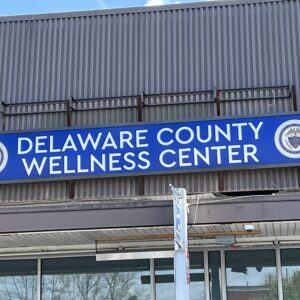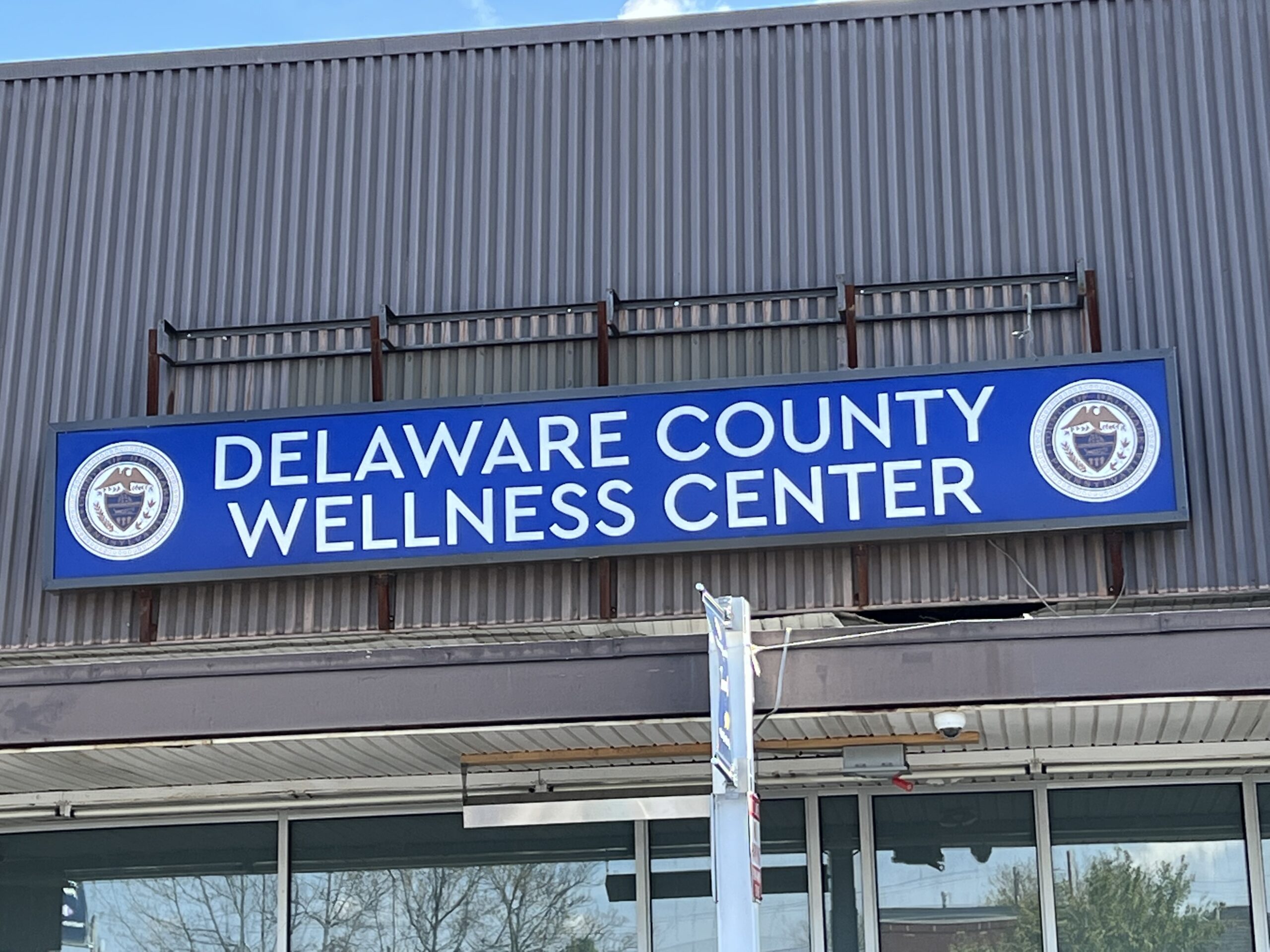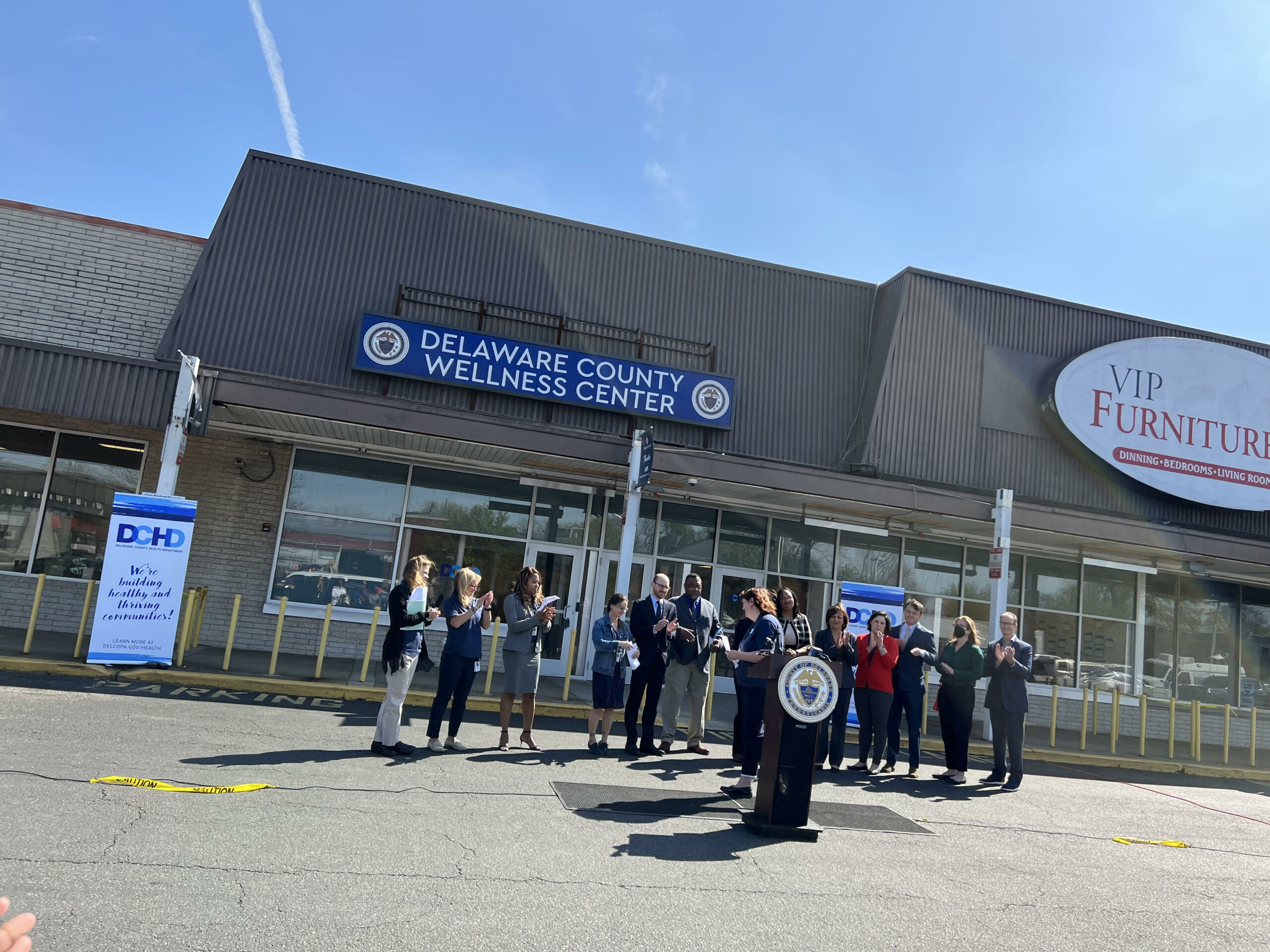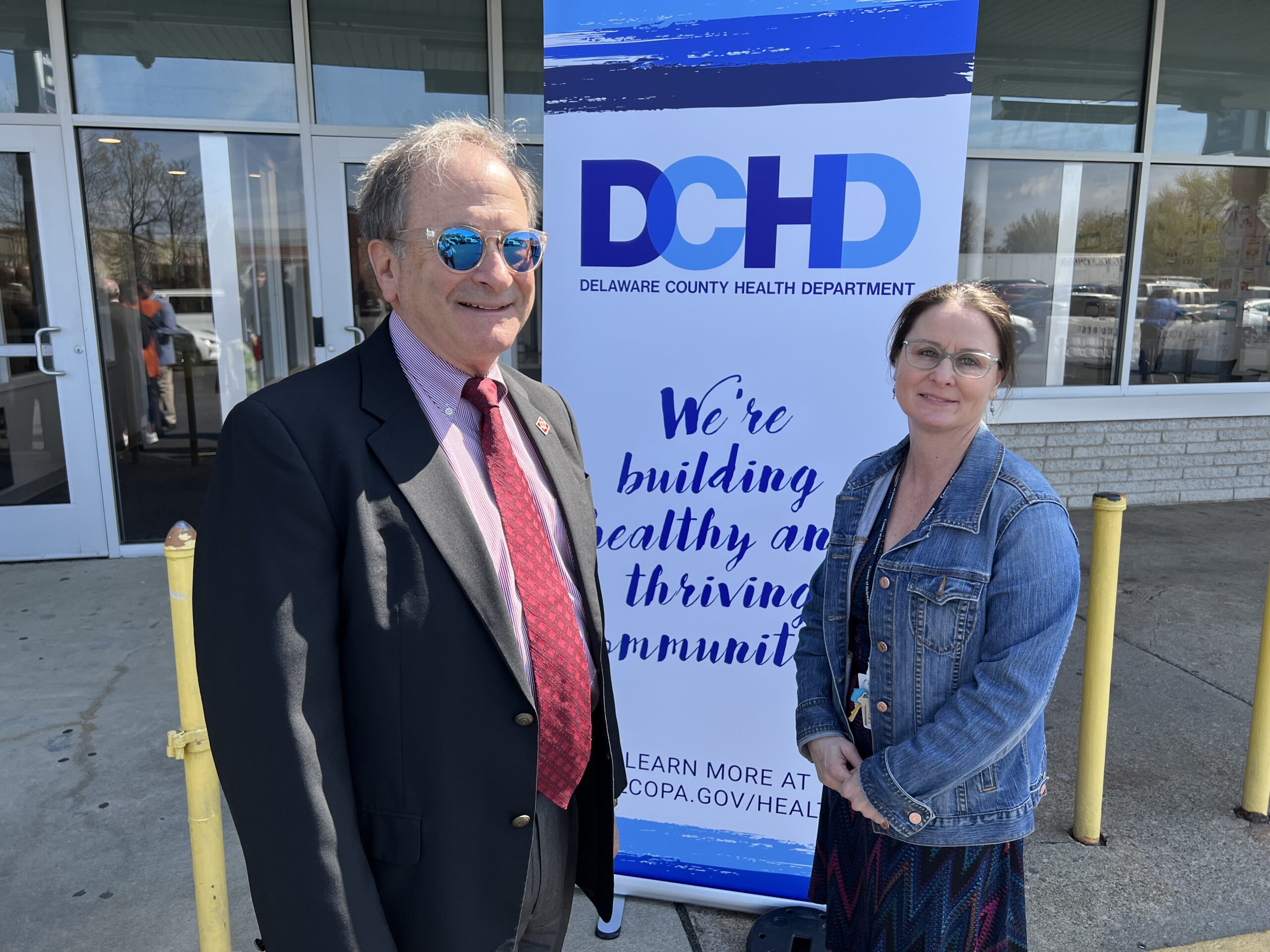(From a press release) The Delaware County Health Department (DCHD) is excited to announce its second annual Back-to-School Fair, supported by its DCHD Delivers Donation Drive. The 2nd Annual Back-to-School Fair will take place on August 16, 2025, at the Delaware County Wellness Center at Yeadon, from 10:00 AM to 2:00 PM. DCHD will […]








